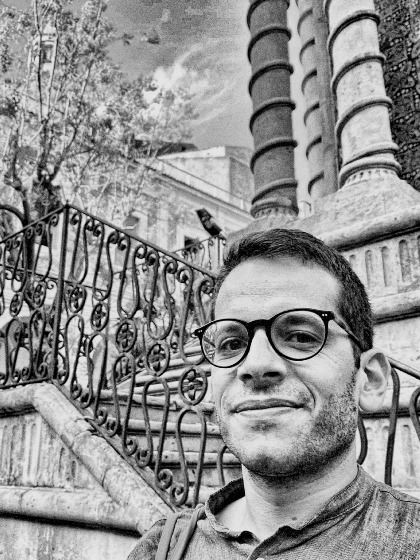G. (Giuseppe) Fidotta, PhD
Assistant Professor in Film Studies

2023-2024
-
What is a Film Culture
-
Introduction to Audiovisual Arts, B
-
Film II: Film History
-
Ma Internship Arts, Culture and Media
-
Research Methods 1
2022-2023
-
The Geographies of Cinema: Scales, Flows
-
Introduction to Audiovisual Arts, B
-
Introduction to Audiovisual Arts, A
-
Film III: Film Theory
-
Film II: Film History
-
Ma Internship Arts, Culture and Media
Laatst gewijzigd:24 mei 2024 18:37
